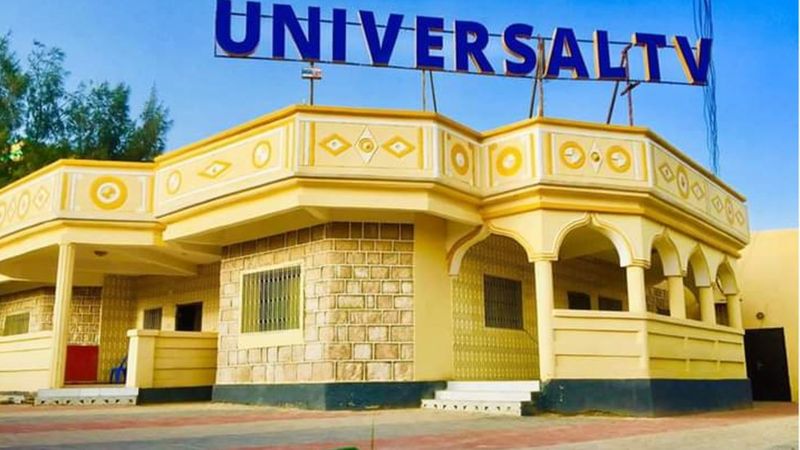The intensified clampdown on the media in Somaliland in the last few days underscores the unwillingness of Somaliland’s administration to respect media freedom and the right of the people to access information about what is happening, said the National Union of Somali Journalists (NUSOJ).
On Saturday, 27 June 2020, Somaliland withdrew the operating licences of Universal TV in Somaliland regions and sent police to close down its offices. The director of Universal TV in Hargeisa, Mohamed Abi Digale, confirmed that the police have taken over the TV station. He said police arrived at the office about 12:55 minutes (midday) and told the management and journalists that the TV was closed indefinitely.
Somaliland Minister of Information Suleiman Yusuf Ali said the TV station refused to broadcast the speech of Somaliland President Muse Bihi on the night of 26 June. Mohamed Digale however said the TV station was closed down after they simultaneously broadcasted 26 June commemorative events in Hargeisa and Mogadishu, confirming that the speech of Somaliland president was aired.
On 25 June 2020, dozens of police, many in uniform and others in civilian dress, forcefully raided and shut down Star TV in Hargeisa. Police ordered journalists and other staff to leave and disconnected the broadcasting. Police still continue to guard the offices.
“Media freedom in Somaliland is in tatters. The excessively harsh and reprehensible manner in which the Somaliland administration is seeking to control information about highly significant events and issues for all Somalis is comparable to the actions of other autocratic administrations” said Omar Faruk Osman, NUSOJ Secretary General.
Instead of repressing independent media houses and muzzling journalists, Somaliland is duty-bound to protect, respect and facilitate the enjoyment of free expression, right to access to information, and other media freedoms.
According to journalists in Hargeisa, the local media was warned not to publish or broadcast “negative” reports about the President’s actions and the outcome of the talks in Djibouti. Media organisations could be shut down if official directives are ignored, said one journalist who does not want to be named in fear of arrest.
NUSOJ is extremely concerned about the impact of closure of news media organisations and denying information to people in Somaliland and the well-being of media professionals who seek to do their jobs amid a climate of fear and persecution.

